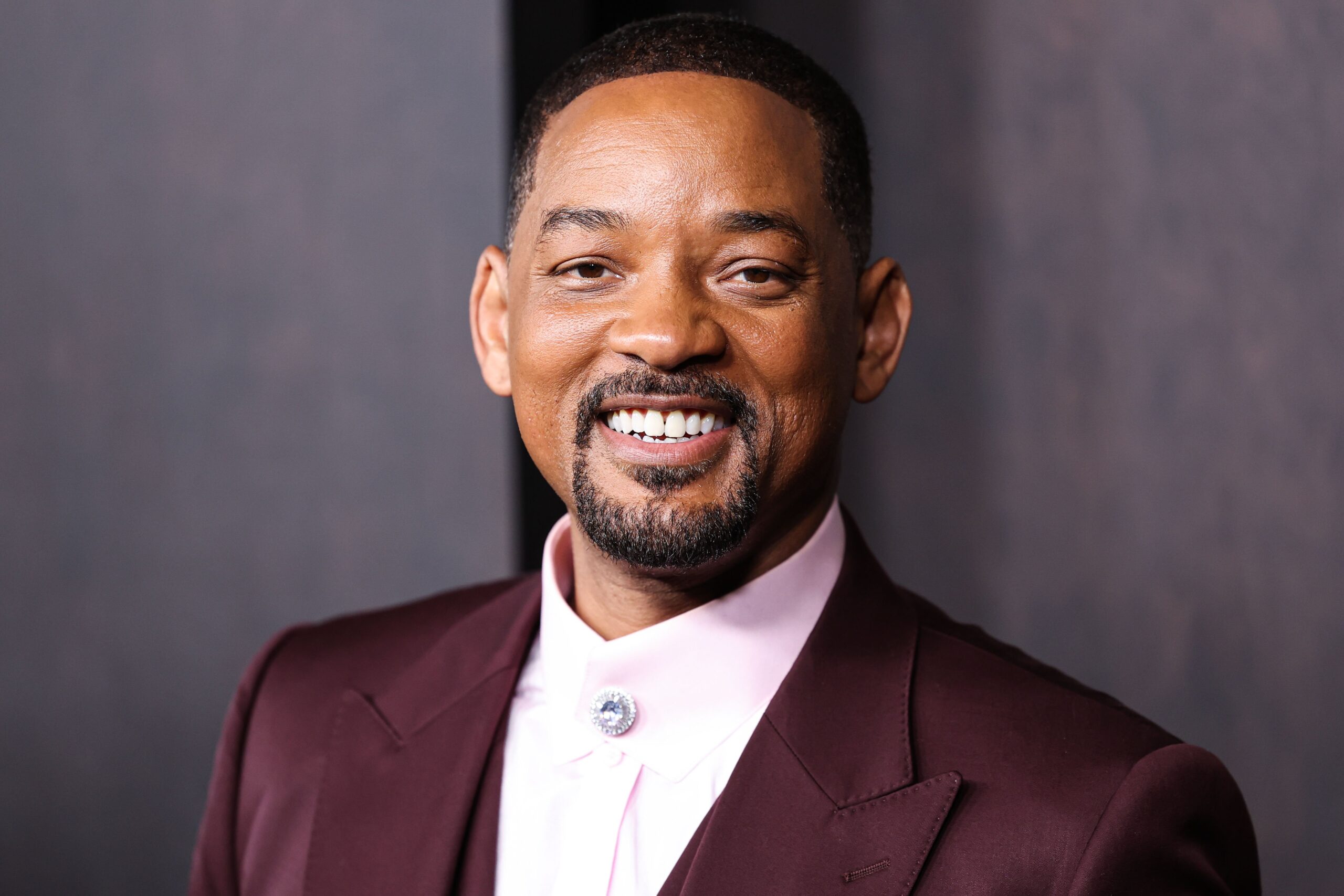When good intentions triumph over art, one winds up with a film like Lee. It features Kate Winslet as Lee Miller (1907-1977), a model, surrealist muse, and a pioneering fashion, fine art, and war photographer who captured some of the most devastating and damning images of World War II. Full trailer released for Sky Original […]






